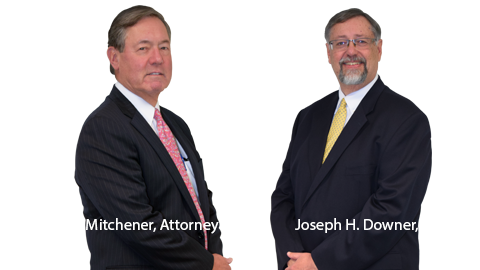For many, shopping inside North Carolina commercial properties like a mall or a retail establishment presents no imminent danger. But when owners fail to maintain the safety of their premises, your leisure time can quickly become a legal nightmare.
When shopping turns to suffering
Shopping injuries, which are personal injuries that bring about premises liability claims, happen more frequently than you think. These vary – some more serious than others. The Centers for Disease Control and Prevention reveals that one out of five falls leads to severe conditions like head injuries and broken bones.
Here are common causes of shopping-related accidents you must watch out for:
- Slip and falls: a result of icy sidewalks or pavements, poor lighting, malfunctioning equipment like escalators and elevators, faulty staircases, wet surfaces and uneven or cracked tiles
- Structural problems: poorly lit areas, unhinged screws and defective or falling displays
- Parking lot incidents: fender benders, snow-covered walkways, pothole damages, hostile drivers and shopping cart tipping
- Restroom hazards: soap spills, clogged sinks, leaks and overflowing toilets
- Physical and verbal assault: aggressive shoppers fighting over discounted items, coveted products and parking slots
Shopping injuries are also prevalent during holidays and other peak seasons, like a Black Friday sale. When spending desire runs high, eager shoppers rush to malls putting the premises at immediate risk of overcrowding. Chaotic occasions like this have gotten wilder over the years costing a store employee’s life in a window-smashing stampede.
Aside from crowd control, a property owner must also ensure adequate signages, security guards and other strictly supervised safety measures in entrances, exits and other public areas.
A safe shopping spree
Shopping is supposed to be a pleasant experience for you and a business advantage for property owners. However, accidents happen, and at times, it leads to long-term consequences. While it may prove challenging, you can hold the property owner responsible and file a compensation claim under the guidance of a legal team.


